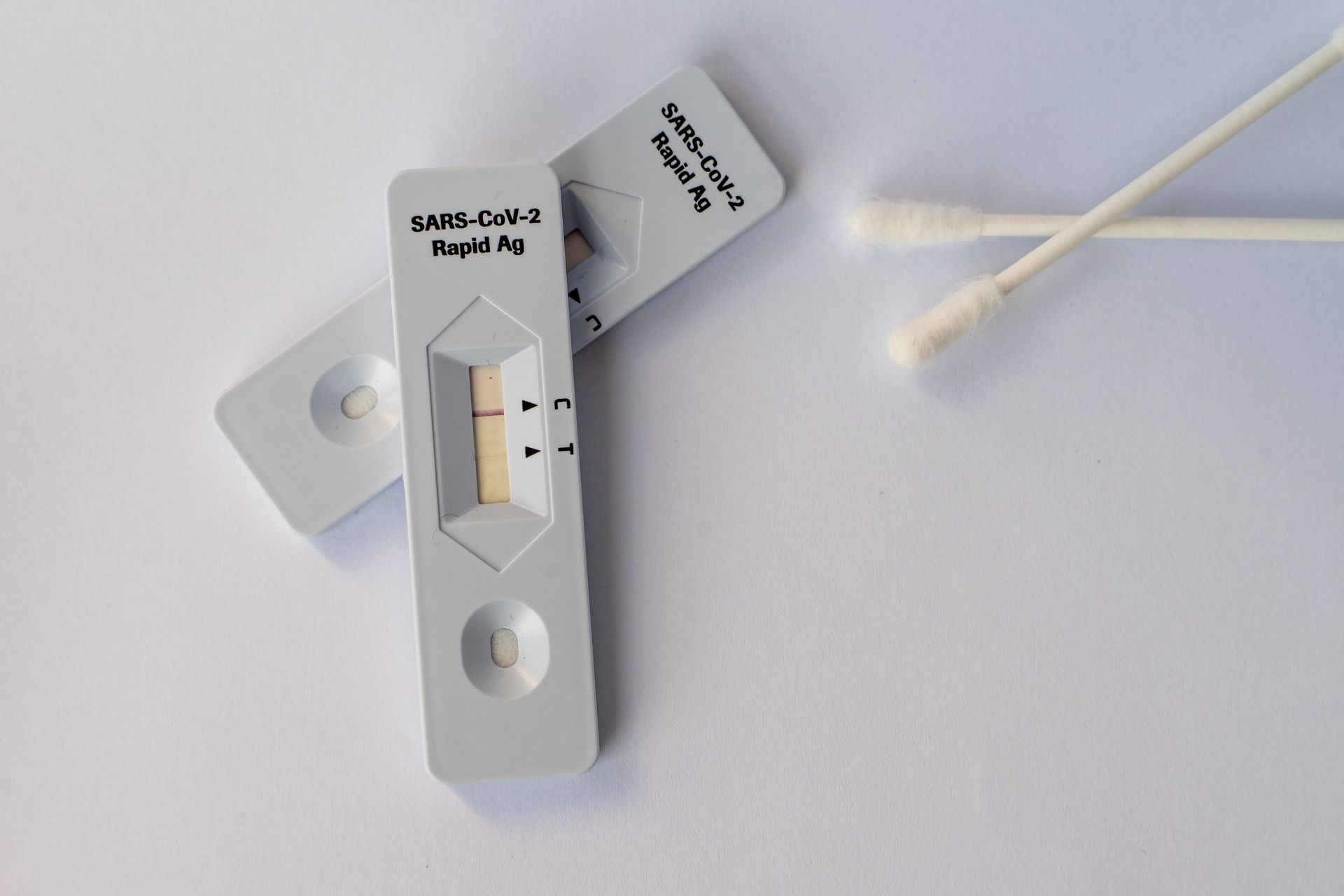Data science to improve patient outcomes
The Clinical Epidemiology Team at the Medical University of Innsbruck applies cutting-edge methods in data science to clinical research, spanning from study design and data management to analytical tools. Using large-scale data, we aim to scrutinise pathophysiological pathways for cardiovascular diseases, identify potential targets for therapeutic intervention, and improve current strategies for primary and secondary prevention. Our research is interdisciplinary, bringing together data scientists and clinicians from different medical fields.

Age at menopause and the risk of stroke
In this study, we investigated the relationship between age at menopause and different types of stroke in >200,000 postmenopausal women using data from the EPIC-CVD study and the UK Biobank. We obtained observational associations and performed Mendelian Randomisation analysis to study causality. We found a significant association between earlier menopause…

Towards a European strategy to address the COVID-19 pandemic
How should Europe deal with the COVID-19 pandemic in the future? Which strategies should be pursued and what specific risks should be considered? In September 2021, we published a call in the Lancet for closer European collaboration in addressing the COVID-19 pandemic. Together with this call in the Lancet, we…

Sensitivity and specificity of antigen-based self-testing in Austrian schools
This study evaluates the performance of the antigen based anterior nasal screening programme that was used at Austrian schools to detect SARS-CoV-2 infections. We combined nationwide antigen-based screening data obtained in March 2021 from 5,370 schools (Grade 1 to 8) with an RT-qPCR-based prospective cohort study comprising a representative sample…

Prevalence of RT-PCR-detected SARS-CoV-2 infection at schools: First results from the Austrian School-SARS-CoV-2 Study
There is much debate about the role of schools and children in the SARS-CoV-2 pandemic. In a consortium of four Austrian universities (Medical University of Innsbruck, Medical University of Graz, Medical Faculty of the JKU Linz, University of Vienna), we set out to reliably quantify the prevalence of SARS-CoV-2 infections…

Design and rationale of the Proof-ATHERO consortium
This paper - published in Gerontology - outlines the broad aims of the Proof-ATHERO consortium and describes the principal methodology of data management and analysis of study data. The Proof-ATHERO consortium collates individual-participant data of studies with information on atherosclerosis measures, risk factors for cardiovascular disease, and incident cardiovascular events.…

Carotid intima-media thickness progression as surrogate marker for cardiovascular risk
In this paper - published in Circulation - we quantified the association between the intervention effects on carotid intima media thickness (cIMT) progression and the intervention effect on cardiovascular risk. Therefore, we systematically reviewed the literature and collected aggregated literature based data and individual participant data from 119 randomised controlled…
